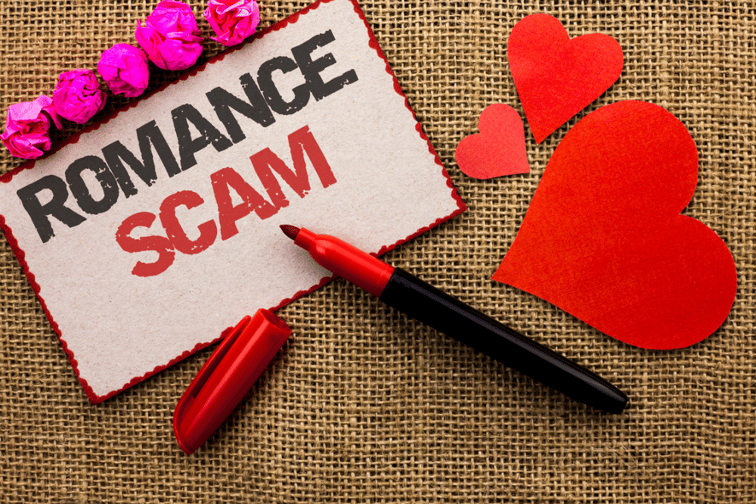

Valentine’s Day might be over, but the scammers behind romance frauds are far from done.
In 2021 alone, Scamwatch noted 3,400 filed romance scam cases that cost Australians $56 million – a 44% increase from the year prior. However, losses to scams are likely to be much higher since the figures still exclude thousands who don’t make a report out of fear or embarrassment. In fact, only 13% of victims take the step of reporting the incident, it is said.
Scams have been rising at an alarming rate over the decade – even more so in this period of isolated loneliness under repeated lockdowns. Scammers take advantage of this vulnerability with love bombing, one of the most common techniques where a “lover” will profess affection and commitment early in the relationship to manipulate victims into sending money.
Another variation of the scam is romance baiting, a romance scam turned investment scam using dating apps. With this method, scammers will find a connection online and lure them into investing in cryptocurrency.
Delia Rickard, deputy chair at the ACCC, warned people not to give in to the pressures imposed by the “lover” and to stop communicating with them immediately. She also advised conducting some background checks with a simple Google search to verify the person in contact.
“Never send money or give personal or financial information to someone you’ve only met online. Think very carefully about taking investment or financial advice from someone on a dating app,” Rickard said. “Do an internet search with the name or photo of your love interest or some of the phrases they have used to try to identify if it is a scam.”
People aged over 55 made up almost half the losses to romance scams at $25 million, with women more commonly on the receiving end of these scams.
Rickard also stressed the importance of spreading awareness and reporting cases should they happen. Since this goes beyond financial loss, romance scams can also leave victims with intense emotional suffering, and they could be helped by friends and family, or by contacting Lifeline on 131114.
“It’s important to look out for friends or family members who are using online dating apps and talk about how to spot romance scams,” Rickard said. “Talking about scams, including your own experiences, can help others identify them and may prevent them from falling victim in the future.”
Those who have been scammed are urged to inform their financial institution – as well as the platform on which they were targeted – of the circumstances of the scam.
